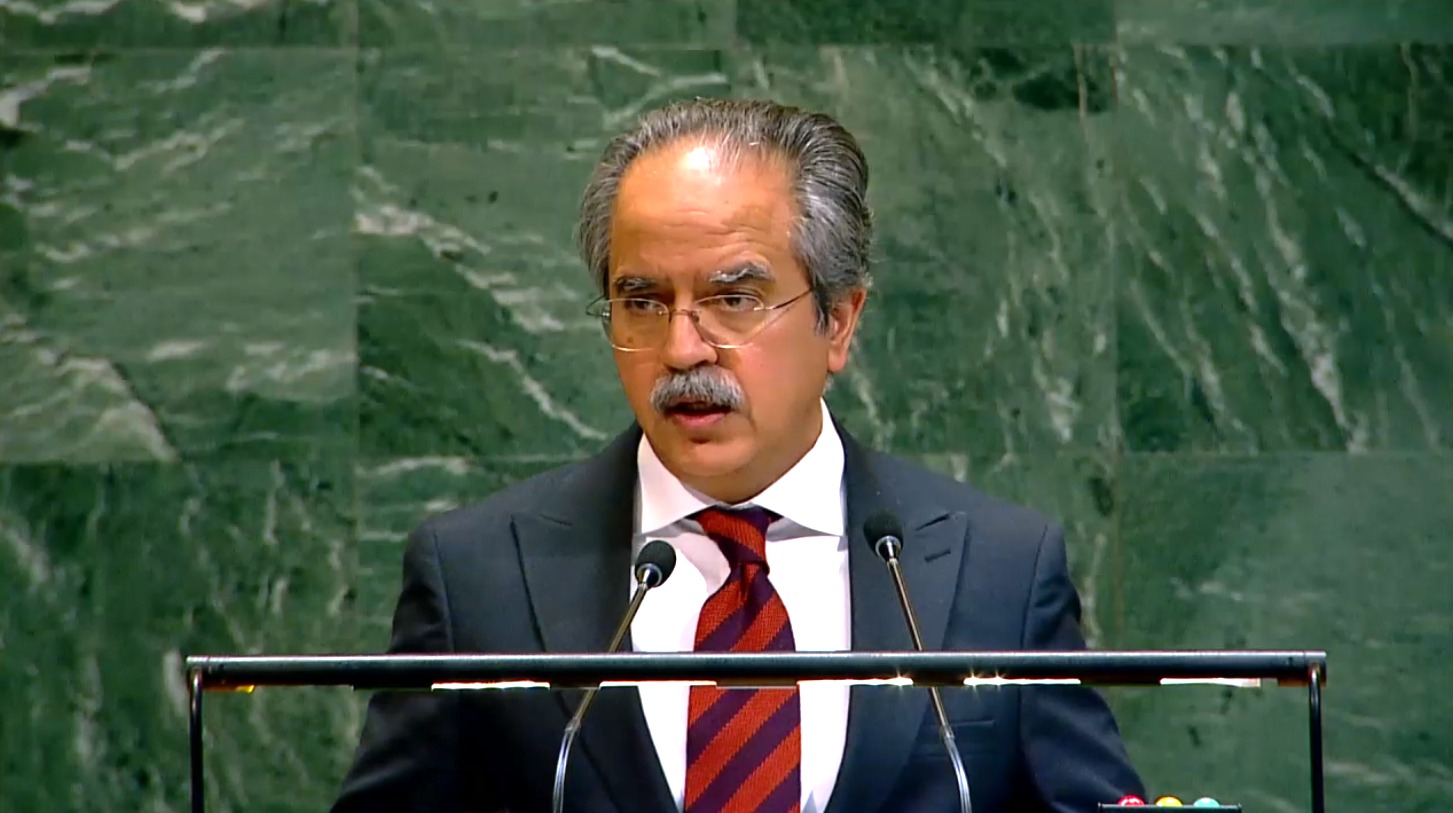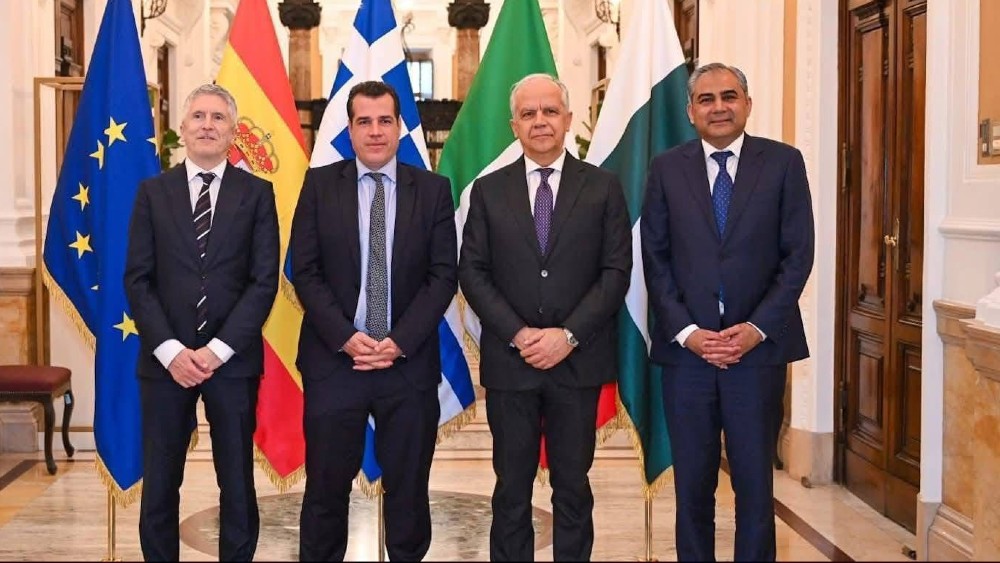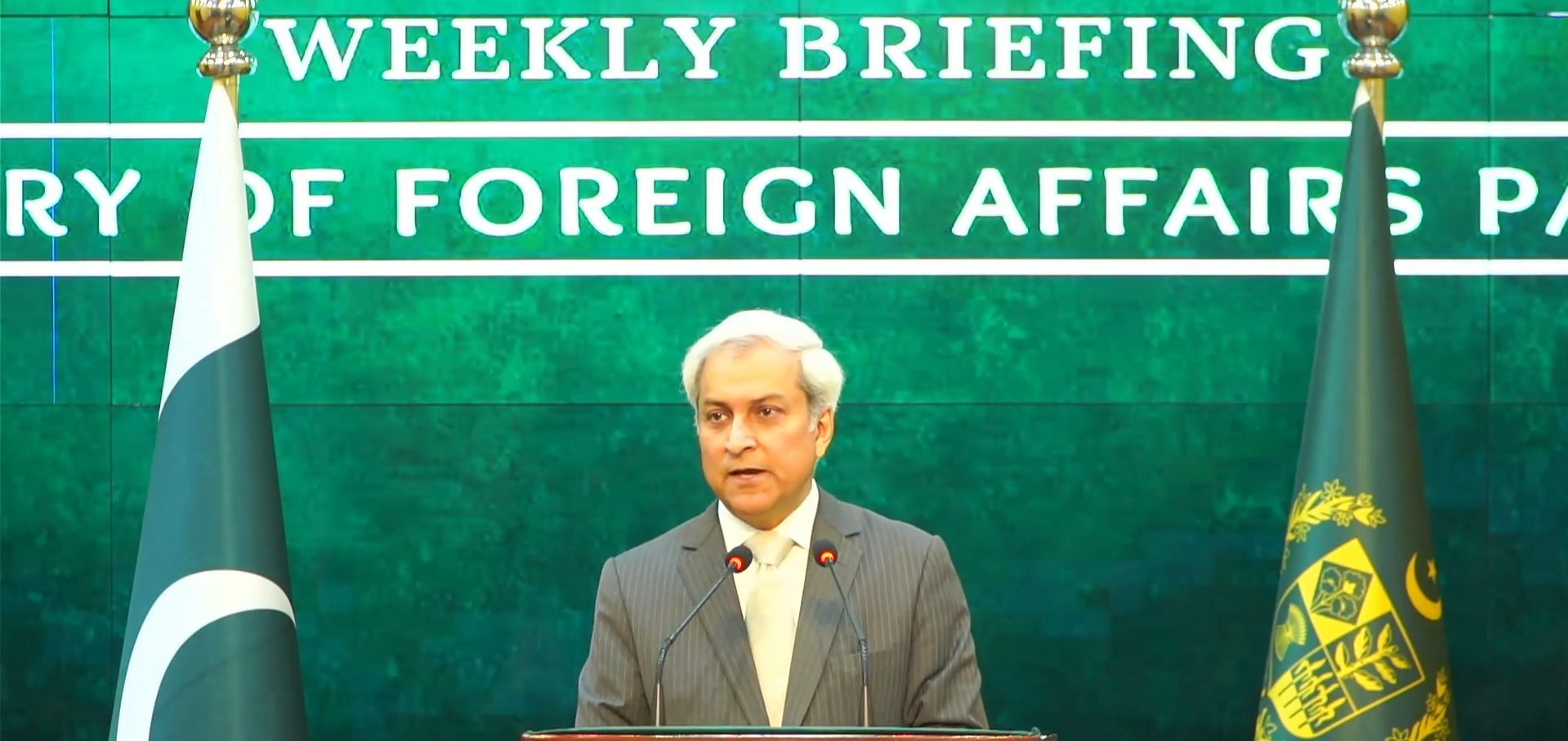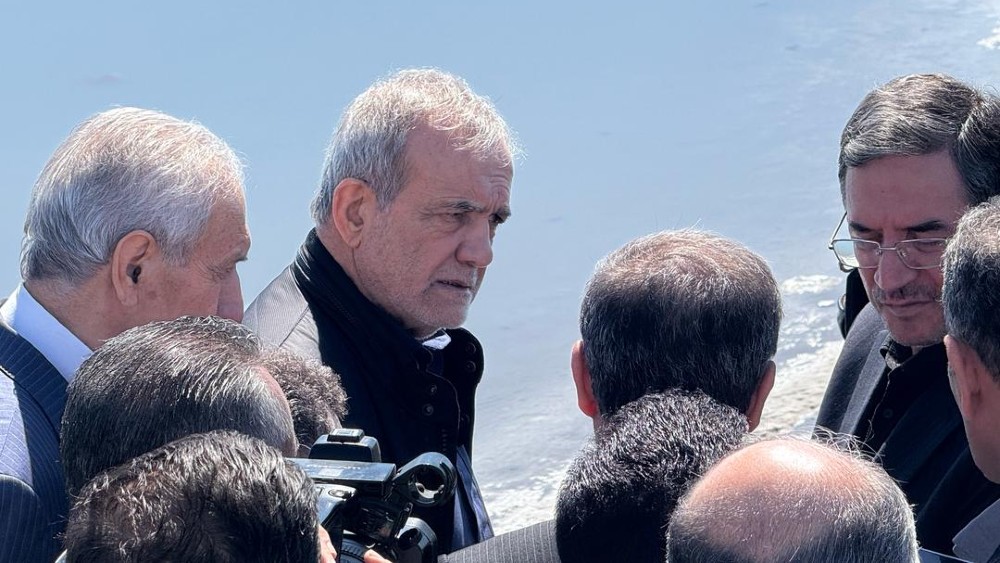ISLAMABAD: Pakistan’s UN envoy stressed that meaningful Security Council reform requires abolishing or strictly curbing the veto, rather than adding new permanent members, because expanding veto power would only deepen the Council’s paralysis.
A post on X by Pakistan’s Permanent Mission to the UN, shared the statement by Ambassador Asim Iftikhar Ahmad, Permanent Representative of Pakistan to the UN during the Debate in the General Assembly on the “Right to Veto” on Thursday.
Ambassador Ahmad said, “the Security Council, which has primary responsibility for the maintenance of international peace and security, has often been paralyzed or incapacitated, due to pursuit of narrow interests, and the strategic rivalries between its permanent members that lead to the misuse or abuse of the veto.”
‘Cascading effect’
“It thus prevents the Council from discharging its duties. And then we also are aware of the “cascading effect” of the veto that gives the permanent members unmatched influence and profile throughout the UN system,” he added.
Pakistan’s representative said: “It comes as no surprise therefore, and past and recent experiences have confirmed that the abolition, or restraint on the use of veto, will have to be an integral part of the reform of the Security Council.”
‘Expanded Security Council’
Ambassador Ahmad said that “the existing permanent members, and by the way – they are pretty much united on that – they are opposed to any change in the UN Charter that would chip away on their power or privilege as permanent members.”
“And it is for this reason also that Pakistan, together with the Uniting for Consensus (UfC) group, remains opposed as a matter of principle, to the addition of any new individual permanent members on an expanded Security Council,” he added.
The Pakistani envoy said, “More permanent members and more vetoes will only aggravate the problem, and multiply the likelihood of paralysis or inaction by the Security Council.”
‘Problem cannot be the solution’
“Let us be clear. The problem cannot be the solution.”
Ambassador Ahmad said that “various proposals have been advanced over the years concerning the veto - ranging from its abolition, to restricting or limiting its use.”
“The alternative is status quo,” he added.
“We believe that the veto right of the existing permanent members should be abolished or at least severely restricted and that the right of veto certainly must not be expanded.”
He said Pakistan believes that this can be better balanced by, on the one hand, placing restrictions on the use of the veto and, on the other, by enhancing the number and role of the elected members of the Council through larger representation on the Council and thereby changing the threshold for approval of decisions by the Council - to make it more democratic and to serve as an effective check on the use of veto by the permanent members.
“So currently we have 5 permanent members and 10 non-permanent members, a ratio of 1:2 – you increase the elected members to 20, for a ratio of 1:4. That will significantly change the balance of power in the Council in a democratic way – putting the power to approve or block in the hands of the majority,” he said.
The ambassador said, “What we want is Reform for All – Privilege for None.”




.jpg)

